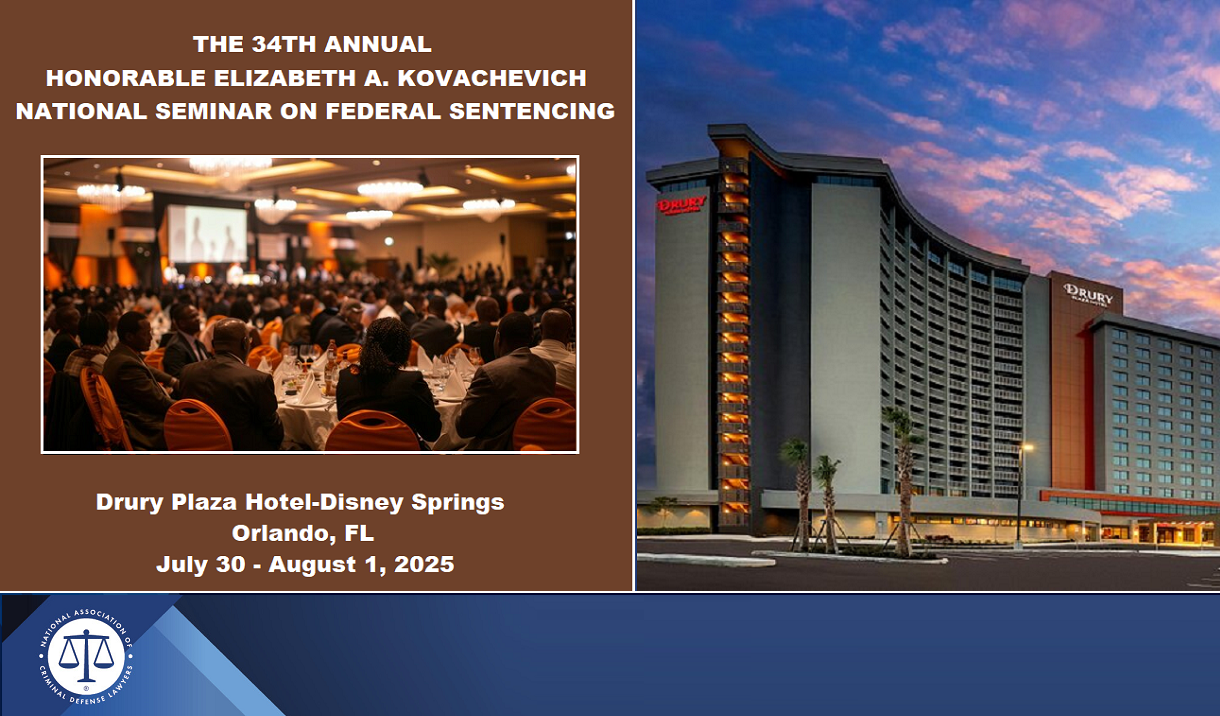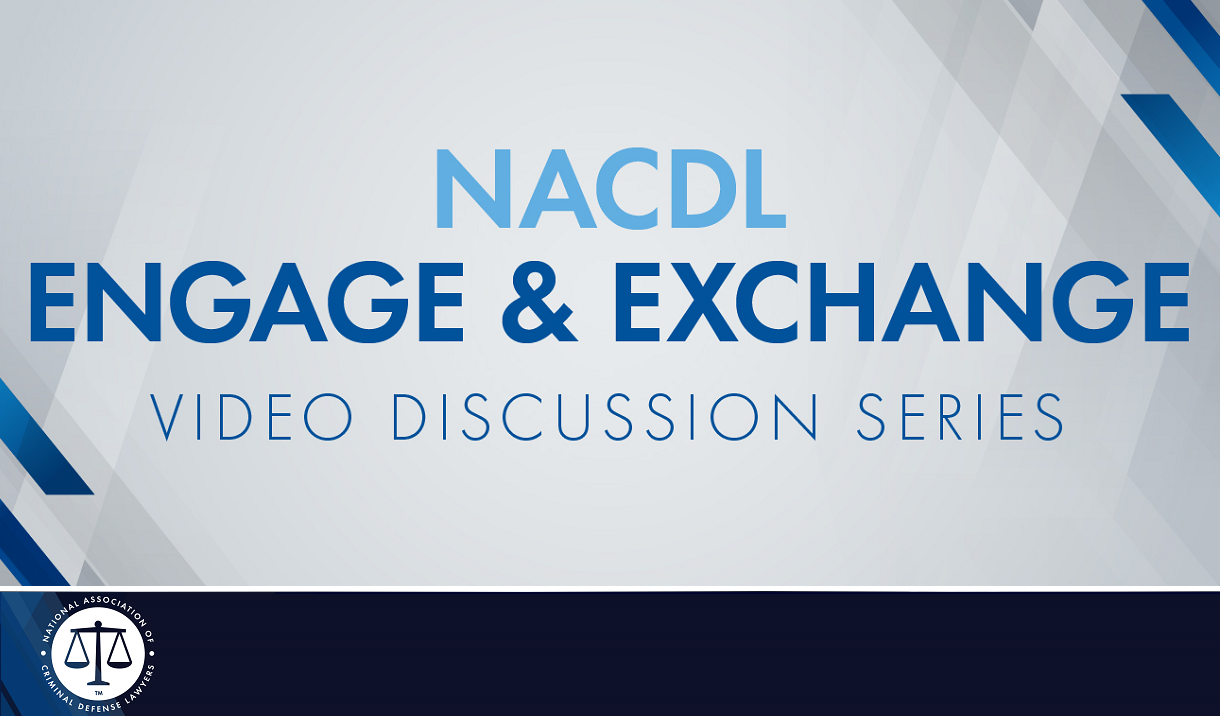State Information
Read more about NACDL's work on attorney-client privilege and its importance.
Over 500 members from almost every state responded.{1} 1 Respondents from 44 states and the District of Columbia reported practicing regularly in state (84%) and federal (49) court. Appointed cases represent the bulk of these lawyers’ caseload. (57% reported that appointed cases constitute more than 50% of their caseload.) 335 members responded to the survey, though not to every question. They reported the many ways in which this core requirement of effective assistance of counsel is undermined. Particularly troubling, they reported how the state sometimes takes advantage of defendants’ custody to eavesdrop on what should be confidential meetings with their lawyers.
The three most commonly available forms of communications for detained clients involved private, in-person meetings (89%{2}2 All numbers rounded.), telephone calls (83.5%), and mail (82%). These are far and away the most common form of communication. The next closest, public in-person meeting, email, or private video are available only about a quarter to a third of the time (34%, 33%, and 24% respectively).
Private in-person meetings can be challenging. They require lawyers to go to the jail or prison. Not only does this travel take time, lawyers may spend as much, if not more, time going through the institution’s particular security requirements and then waiting for the client than they do in the meeting itself. Further, here too, the privacy of these in-person meetings may also be compromised. Want to submit a correction or additional information about facilities you visit? Tell us in this form. Many respondents mentioned the continuous presence of jail staff around the visiting room. Sometimes the visiting rooms were placed immediately beside the staff’s booth. Mail is obviously useful, provided the client can read and write readily, but is seldom timely. Therefore, many lawyers find telephone calls essential to communicate with clients.
Learn more about communications systems
The problem is that too often these calls are not confidential. 87% of lawyers reported that the clients were not able to participate in calls where “no one else [was] present and able to listen to the call.” 69% of respondents reported these calls were monitored by the state – 15% in real time (sometimes by prosecutors); 54% were recorded.
Not only does this monitoring destroy the privilege of this attorney-client communication, 48% of attorneys reported being are aware of instances in their jurisdiction where these communications were provided to prosecutors. Most respondents did not know how these communications ended up in the hands of the prosecution, but those who did identified deeply problematic practices. Want to submit a correction or additional information about facilities you visit? Tell us in this form. Only 9% of respondents indicated the recordings were given to the prosecution in an even nominally court-supervised process (either via a court order or a search warrant). By contrast, 36% of respondents reported prosecutors received these recordings directly, as a matter of routine, or based upon an oral request.
Many lawyers reported refusing to use the phone, settling instead for personal visits or mail. These strategies may work well enough for many lawyers and clients, but there is a serious question whether this is sustainable as the court system, along with the rest of us, contend with the COVID-19 pandemic.





